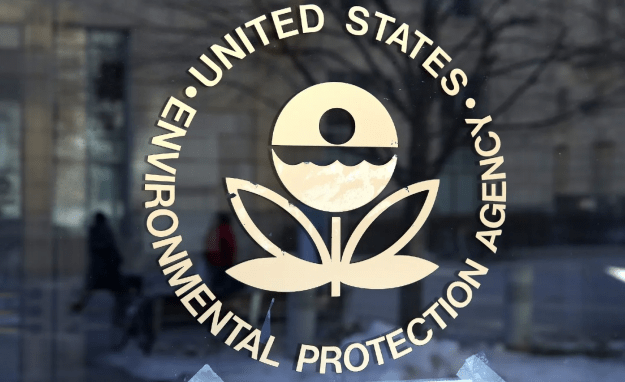
Environmental Protection Agency (EPA) Allocates $4.3 Billion to Fund Climate Pollution Reduction Projects in 30 States Across the US
Fiona Nanna, ForeMedia News
6 minutes read. Updated 5:24PM GMT Mon, 22July, 2024
The U.S. Environmental Protection Agency (EPA) has announced a historic allocation of $4.3 billion in grants to fund climate pollution reduction projects across 30 states. This unprecedented investment aims to address greenhouse gas emissions from a variety of sources, including transportation, electric power, commercial and residential buildings, industry, agriculture, and waste management.
Breakdown of the Grants
The funding comes as part of the 2022 Inflation Reduction Act, a landmark piece of legislation passed by congressional Democrats. This act represents one of the largest climate investments in U.S. history, with nearly $400 billion earmarked for clean energy advancements, including wind and solar power, as well as for transitioning away from fossil fuels such as oil, coal, and natural gas.
State-Specific Investments
- Pennsylvania: The state is set to receive $396 million to address industrial greenhouse gas emissions from sectors such as cement and asphalt. EPA Administrator Michael Regan will be joined by Pennsylvania Governor Josh Shapiro in Pittsburgh to announce the grant recipients. This initiative is expected to play a crucial role in the upcoming 2024 election battleground.
- California: Nearly $500 million will be allocated to transportation and freight decarbonization projects at the ports of Los Angeles and Long Beach. This funding will support the deployment of electric charging infrastructure, zero-emission freight vehicles, and the conversion of cargo handling equipment to reduce emissions. Democratic Senator Alex Padilla will be present at the announcement.
- Nebraska: The state will receive $307 million to support “climate-smart” agriculture, reduce livestock waste, and enhance energy efficiency in commercial and industrial facilities as well as low-income households. Lincoln Mayor Leirion Gaylor Baird highlighted that the grant would significantly improve energy efficiency and potentially reduce the city’s emissions by 77% by 2050.
- Interstate 95 Corridor: A substantial $250 million will be invested in electric vehicle infrastructure along Interstate 95, which stretches from Maryland to Connecticut. This project will include charging stations for commercial zero-emission vehicles and support workforce development along this crucial transportation route.
- Northeast States: Connecticut, Massachusetts, Rhode Island, New Hampshire, and Maine are collectively receiving $450 million to accelerate the adoption of cold-climate heat pumps and water heaters.
- Michigan: With $129 million, Michigan will advance the siting, zoning, and permitting of renewable energy projects, aiding Governor Gretchen Whitmer’s goal of achieving 60% renewable energy by 2035.
Broader Impact and Future Goals
EPA Administrator Michael Regan emphasized that these funds will help implement community-driven solutions to reduce air pollution, promote environmental justice, and accelerate the transition to clean energy. The Biden administration’s significant climate investment reflects a commitment to addressing climate change with the urgency it requires.
For Further Reading
- EPA’s Climate Action Initiatives
- Inflation Reduction Act Overview
- Clean Energy Transition Strategies

